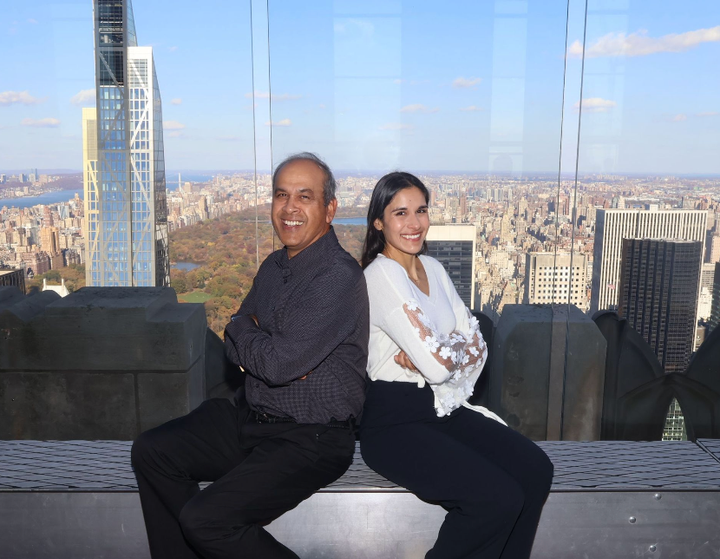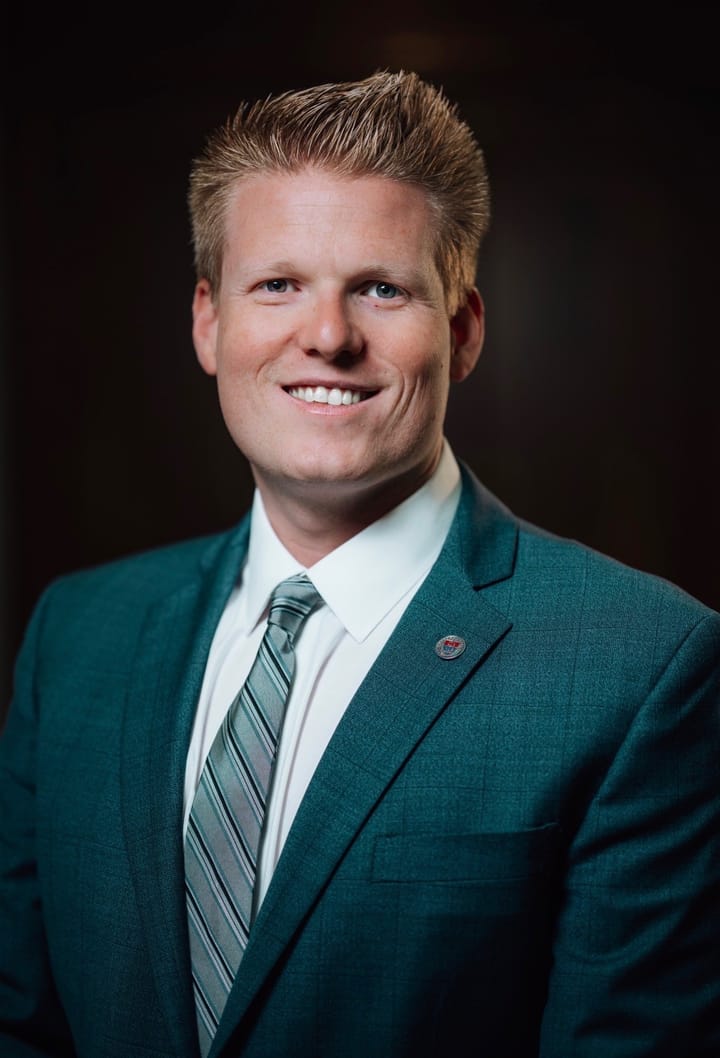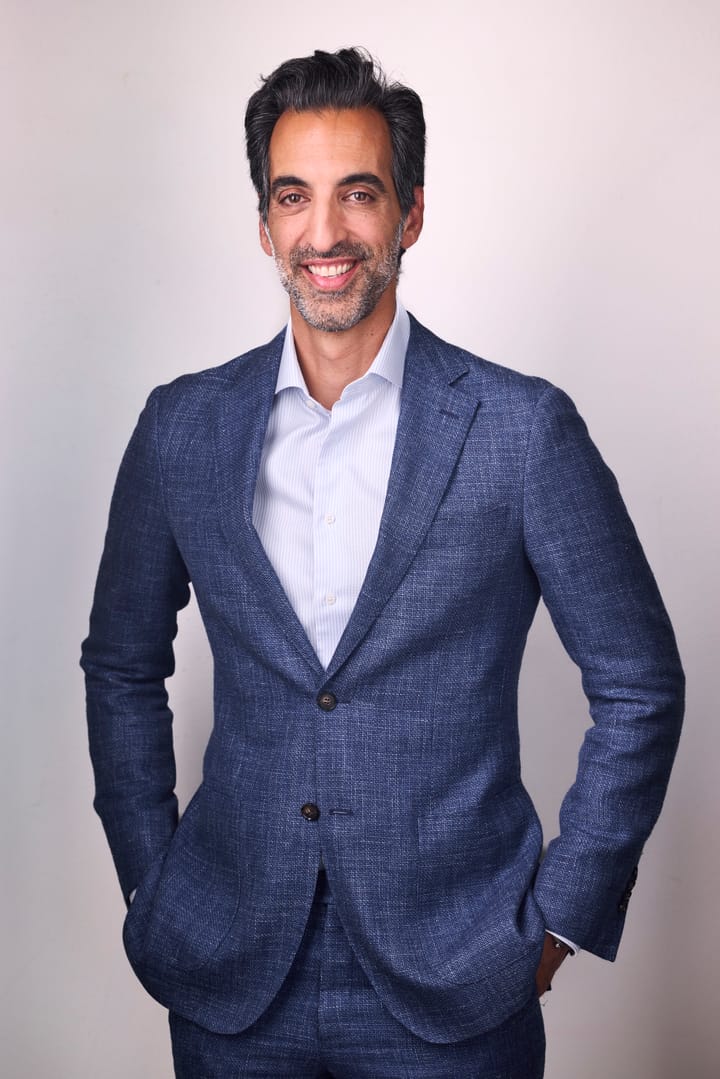The interview: Helping global clients navigate U.S. law
Why cultural context is a business advantage

Helping international businesses succeed in the U.S. wasn’t the plan, but it became the mission. Attorney Sul Lee never planned to follow in her father’s footsteps. But years spent watching him open and grow Hyundai’s U.S. operations seem to have rubbed off. The Dallas-based Sul Lee Law Firm is now a go-to resource for Korean businesses making the leap into the American market.
Lee sat down with Raise the Bar to talk about what it takes to guide companies through that uncertainty, how culture shapes legal strategy and what U.S. attorneys should keep in mind when working with global clients.
-Bianca Prieto, editor
Want to read more? Check out the archive.

Korea and the U.S. have rather different legal systems. How do you bridge that gap?
Communication and education are the key.
I start by explaining both the “why” and the “how” behind each system. Korean business culture is shaped by its history—like Taoist philosophies, Japanese colonization and German-influenced civil law. So Korean clients often expect black-and-white legal answers. Many Korean companies also see disputes as inherently negative and want to avoid litigation entirely.
But in the U.S., common law is more about risk assessment and degrees of liability. So when I say, “It depends,” instead of “yes" or "no,” that’s frustrating.
My team and I spend a lot of time helping our clients understand what is truly risky, and what’s just part of doing business here.
How do you balance your role as a legal advisor with that of a cultural translator?
I don’t separate them. I just see myself as an advisor. My goal is always the same: help the client reach their goal—whether that’s settling a dispute, launching a brand or separating from a partner. Cultural understanding helps me get them there efficiently.
Have geopolitical shifts like trade tensions or global supply chain disruptions changed the kind of legal help Korean companies are looking for?
Absolutely. In the past, Korean companies mostly opened sales offices in the U.S. Now, they’re buying land and building factories. They want that “Made in the USA” label. I think both the Biden and Trump administrations really pushed reshoring efforts, and Asian manufacturers are responding. So these days, I see more purchasing land, setting up manufacturing facilities and hiring people as their legal needs.
What does your workday look like when you’re juggling meetings in both Seoul and Dallas? When do you sleep?!
You don’t sleep—just kidding. I keep two nights a week open from 8–10 p.m. for international calls, and then I adjust my daytime schedule accordingly. I don’t box myself into a strict 9–5. If I need to work a Saturday and take Wednesday off, that’s fine. Flexibility is key to making it work. So is embracing cloud tools, email and video conferencing.
What advice would you give to other business lawyers looking to serve international clients?
Don’t underestimate their sophistication. If someone can succeed in a foreign country without speaking the language or understanding the culture, they must have very strong instincts. Recognize and respect that. When you do, they feel it—and they trust you more.
Written by Emily Kelchen




Comments ()